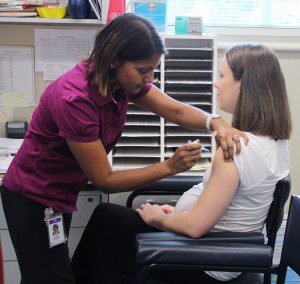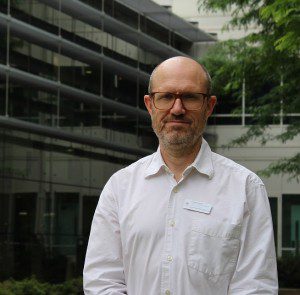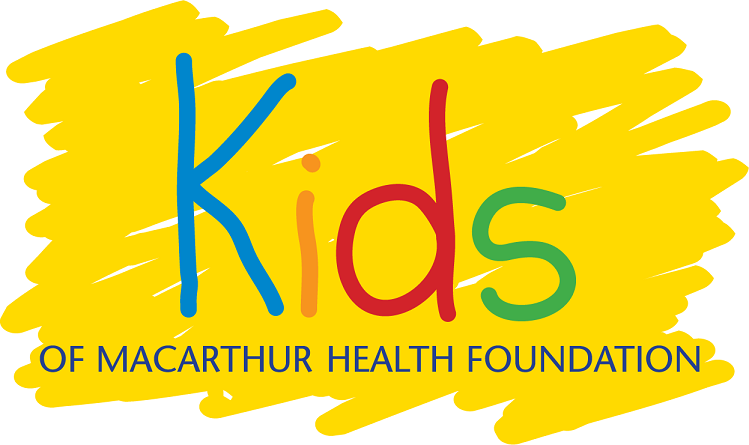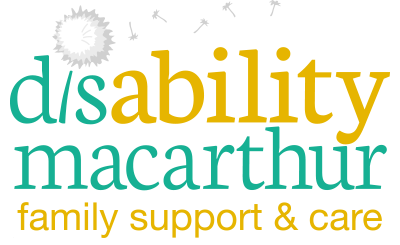
Now that children are back at school, South Western Sydney Local Health District (SWSLHD) local health experts are warning parents to be on the lookout for symptoms of whooping cough.
SWSLHD public health director, Dr Stephen Conaty, said last year had seen a steep increase in cases, with high case numbers continuing into 2016.
Since the beginning of this year there have already been 36 people diagnosed with whooping cough in Campbelltown and 16 people in Camden.
Last year, there were 141 cases reported in Campbelltown compared with 26 in 2014, and Camden had 108 cases in 2015 compared to only nine the year before.
“Whooping cough usually begins like a cold with a blocked or runny nose and a cough which becomes increasingly irritating and persistent,” Dr Conaty said.
“In babies and young children long bouts or fits of coughing can be extremely distressing and in severe cases can interfere with breathing. Severe cases of whooping cough need hospital admission.
“It is extremely important that babies are vaccinated against whooping cough on time,” Dr Conaty said.
Babies need to be immunised at 2 months, 4 months and 6 months, with booster shots to be administered at 4 years of age and in high school.
The first dose can be given as early as 6 weeks of age.
A booster is also now recommended for women who are in the third trimester of their pregnancy, which will provide protection to newborn babies. This is offered through GPs and at antenatal clinics.
One local pregnant woman, Jenni Bate was due for her third trimester pertussis booster and had it administered in Camden Hospital on Wednesday.
Mrs Bate had a very good reason to do so: she is part of the Light for Riley campaign, in memory of her nephew Riley, who passed away from pertussis last year.
“It is important that if you suspect you or your child has whooping cough you get a proper diagnosis from your GP,” Dr Conaty said.
“The throat swab test is very simple and accurate, and treatment with antibiotics shortens the period of time that you are infectious.
[social_quote duplicate=”no” align=”default”]“If you have whooping cough, it’s best that you don’t attend work or school until after five days of antibiotic treatment. People who have a cough illness should not be around babies or women in the late stages of pregnancy.[/social_quote]
“If there is a baby less than six months in your family then you GP may recommend antiobiotics for the whole family.’’
 DR CONATY’S WHOOPING COUGH SNAPSHOT:
DR CONATY’S WHOOPING COUGH SNAPSHOT:
• Adults and children can spread whooping cough infection to children under 6 months old who have not yet been fully vaccinated;
• Immunisation is the best way to control whooping cough;
• Immunisation is recommended to all pregnant women during the third trimester as well as to children at 2, 4, 6, 18 months and at 4 years.
• Newborn babies are most at risk of severe whooping cough infection because they are not protected by immunisation;
• Immunisation of the mother during pregnancy is especially important because it transfers some immunity to the newborn;
• A booster dose of adult whooping cough vaccine is recommended for all parents.
For more information visit the diseases, pertussis and whooping cough websites.



